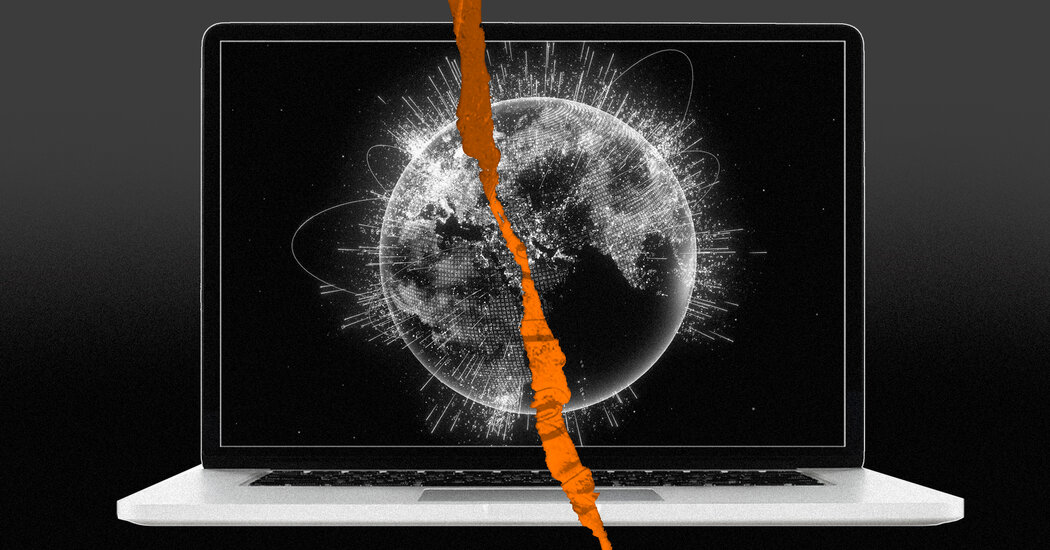
Still, much of Web3’s promise remains theoretical. When it comes to NFTs, some proponents argue that it will transform not only the way art is bought and sold, but also what art and artists we value and how artists are paid. “NFTs create opportunities for new business models that didn’t exist before,” James Bowden and Edward Thomas Jones write in The Conversation. “Artists can attach stipulations to an NFT that ensures they get some of the proceeds every time it gets resold, meaning they benefit if their work increases in value.”
At the loftiest heights of Web3 discourse, the prospect of a decentralized internet is cast as a bulwark against authoritarianism. “Conceptually, Web3 is innately more beneficial to Western liberal democracies, which value democracy and personal privacy,” Anthony Vinci and Nadia Schadlow argue in The Washington Post. “China and Russia have already set up mechanisms to spy on and control the existing Web2 infrastructure through firewalls, censorship and coercion of technology platforms. Web3 would make such authoritarian controls much more difficult.”
How much of Web3 is hype — or a scam?
If there’s anything the social-media iteration of the internet made clear, Recode’s Peter Kafka believes it’s that even the most exciting technology can bring unintended consequences. “At first blush, Twitter seemed like a fun way to tell people what you had for lunch, and then for a moment like a tool that could help liberate oppressed…






